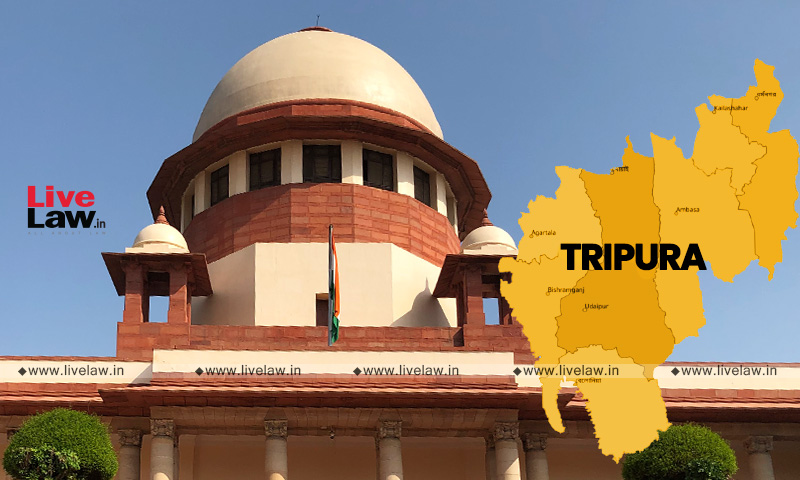The Supreme Court recently set aside a judgment of the Tripura High Court which directed the State Government to raise the retirement age of Anganwadi workers from 60 years to 65 years.A bench comprising Justices Dinesh Maheshwari and Ahsanuddin Amanullah found fault with the High Court for issuing a mandamus to the State Government to change its policy regarding the retirement age of...

